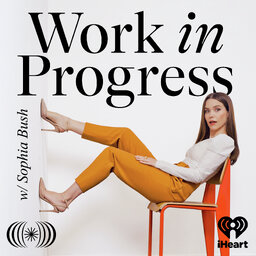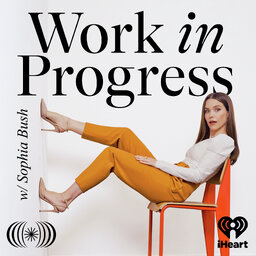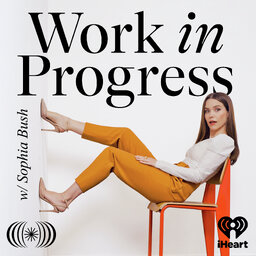David Oyelowo
His work on the big and small screen has earned him plenty of accolades (Selma, Nightingale), but his philanthropic work is truly inspiring.
Award-winning actor, director, and producer David Oyelowo joins Sophia to chat about growing up in Nigeria, experiencing culture shock when he moved to London, the importance of representation in Hollywood, and the inspiration behind his foundation helping girls in Nigeria.
Plus, David got a call from a mega superstar in the middle of the podcast!
For more information on the David Oyelowo Leadership Scholarship for Girls, visit Geanco.org.
 Work in Progress with Sophia Bush
Work in Progress with Sophia Bush


